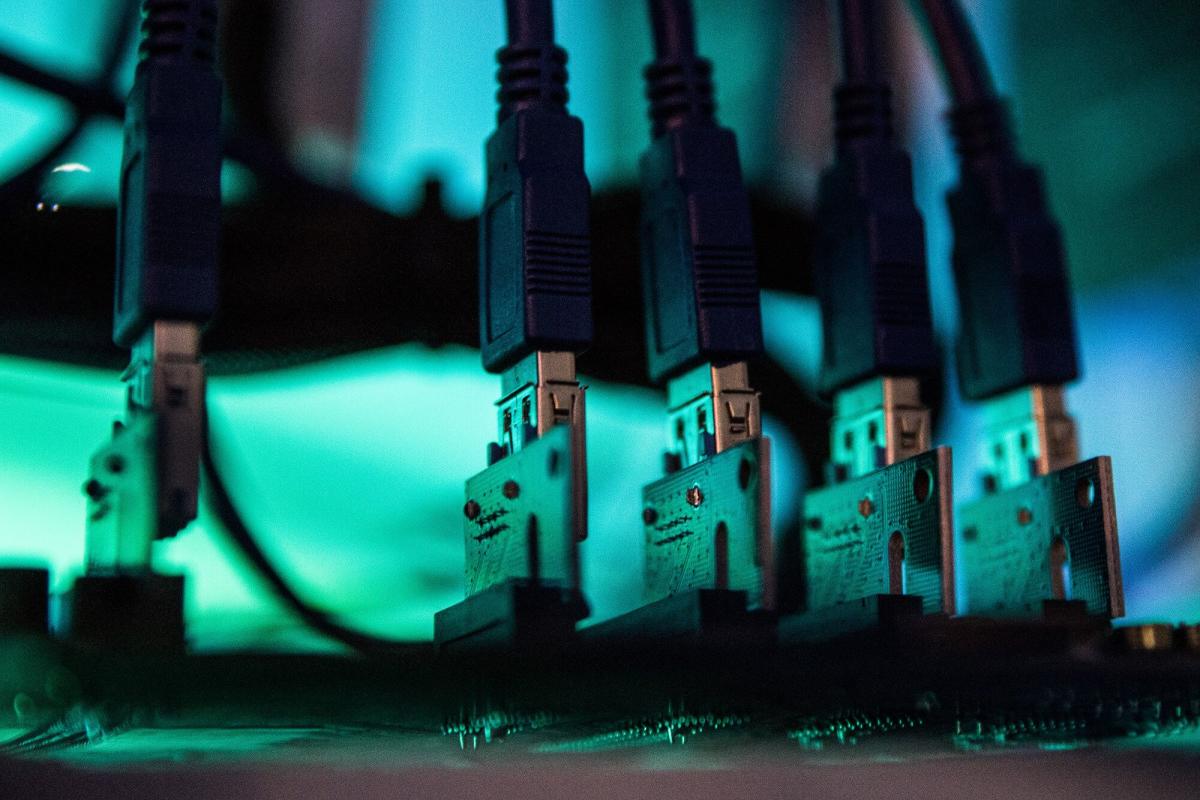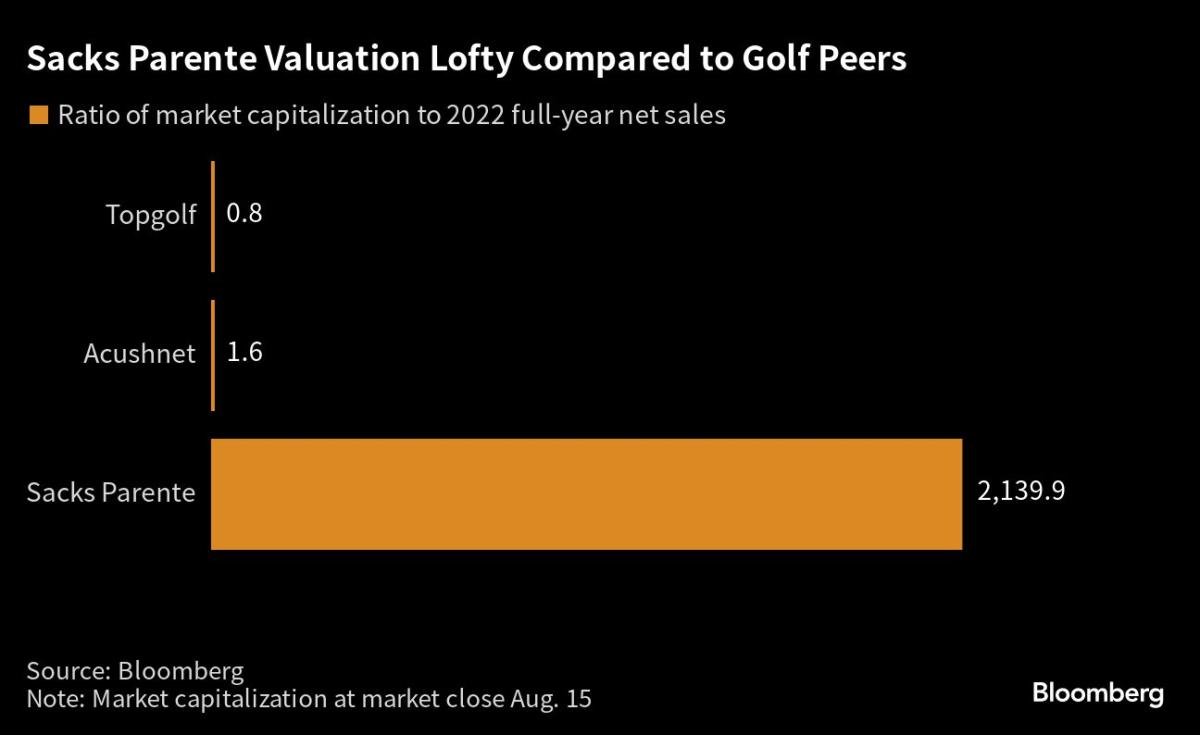(Bloomberg) — Zhongrong International Trust has missed payments on dozens of products and has no immediate plan to get customers full, suggesting that problems at China’s beleaguered shadow bank are deeper than previously known.
Most Read from Bloomberg
Wang Qiang, secretary of the board of directors of the partially owned Zhongzhi Enterprise Group Co., Ltd. Since late July, according to people familiar with the matter. At least 30 products are now past due, one person said, and Zhongrong has also stopped recalls of some short-term gadgets.
Wang said the company has no immediate plan to cover the payments since its short-term liquidity suddenly dried up. He added that the number of products that have missed payments has risen and that the company is facing a “tsunami” of questions from investors and their wealth managers, according to people familiar with the matter who asked not to be identified because the meeting was private. Wang asked for patience as the company seeks to recoup its investment.
Mounting delays suggest the problems at Zhongzhi, which manages $138 billion, are deeper than first thought, with only three clients so far publicly disclosing missing payments from the two companies. People familiar with the matter said earlier that Chinese authorities had already set up a task force to study any possible infections, with the banking regulator examining risks in Zhongzhi.
Zhongrong did not respond to requests for comment.
Shuo Yang, an analyst at Goldman Sachs Group Inc. In newspaper note.
Liquidity challenges underscore how problems in China’s weak real estate sector and economy are now spreading deeper into the financial sector. Many of the trust’s products are backed by real estate projects run by struggling developers such as the China Evergrande Group.
Zhongrong is among the largest in the country’s $2.9 trillion trust industry, which pools savings from wealthy families and corporate clients to make loans and invest in real estate, stocks, bonds and commodities. The company has 270 high-yielding products with a total value of 39.5 billion yuan ($5.4 billion) due this year, according to data provider Use Trust.
Read more: The China Look: 3 Trillion Reasons The Industry Shock Hasn’t Ended
Wang denied rumors circulating online that she had stopped making payments on all of her products.
He said liquidity dried up “unexpectedly,” making it difficult to meet short-term debt obligations because most underlying assets are long-term and illiquid. The products are a bit like a “funding pool,” he said, referring to a once widespread practice in which proceeds from new products are used to pay other investors. This method was banned by regulators a few years ago.
Wang said Zhongrong is now seeking to reduce the fallout from defaults and ensure the stability of its operations, which could in turn help with repayment.
Zhongzhi is among the private wealth managers Beijing has been trying to rein in for years to reduce risk for the hundreds of thousands of retail customers who buy these products assuming they are safe. China is already grappling with a weak economy and the fallout from a real estate slump that threatens to push giants like Country Garden Holdings Co into default. The central bank on Tuesday cut interest rates by the most in three years in an effort to revive growth.
Read more: Why payments haven’t been made in China Trust Firm’s shake-up market: QuickTake
According to Bloomberg Economics, the exposure of the real estate trust sector was about 2.2 trillion yuan, or 10% of total assets through the end of 2022. Zhongrong is the ninth largest fund, with about 600 billion yuan in assets.
“The big risk is that a negative feedback loop begins, with property stresses causing stress in the financial system, undermining credit expansion and depressing growth, which in turn exacerbates a recession in the real estate sector,” Bloomberg Economics said in a note. .
(Updates with comment from the analyst in the sixth paragraph.)
Most Read by Bloomberg Businessweek
© 2023 Bloomberg LP



